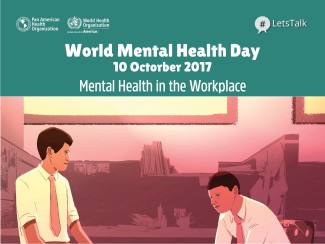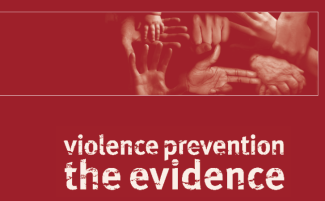The Health and Social Effects of Nonmedical Cannabis Use

WHO began when its Constitution came into force on 7 April 1948 – a date celebrated every year as World Health Day. It has more than 7000 people working in 150 country offices, in 6 regional offices and at its headquarters in Geneva.
WHO’s primary role is to direct and coordinate international health within the United Nations’ system.
Main areas of work:
WHO support countries as it coordinates the efforts of multiple sectors of the government and partners – including bi- and multilaterals, funds and foundations, civil society organizations and private sector – to attain its health objectives and support national health policies and strategies.

World Mental Health Day is an opportunity to discuss the mental health of employees, which is often not considered. The workplace is a very important setting to promote practices that support people with mental health problems and protect the well-being of all workers.



The World Health Organization (WHO) Department of Mental Health and Substance Abuse organizes, for the first time, the Global Forum on Alcohol, Drugs and Addictive Behaviours (FADAB) with a primary goal to enhance public health actions in these areas by strengthening partnerships and collaboration among public health oriented organizations, networks and institutions in